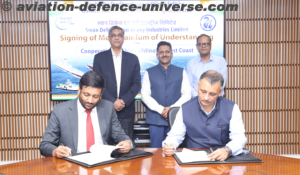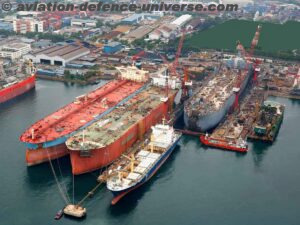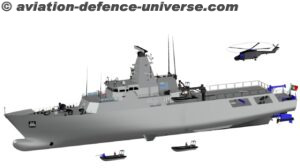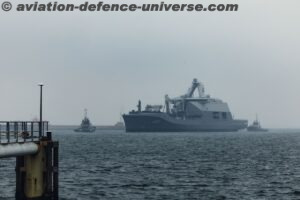- Within the framework of the European Defence Fund (EDF), Thales is leading the SEACURE project to achieve a sovereign European capability in future Anti-Submarine and Seabed Warfare.
- The SEACURE programme began in November 2024 for a duration of 45 months, and involves 35 European partners from 13 EU member states.
- Building on the successful completion of the EDIDP (European Defence Industrial Development Programme) SEANICE project at the end of 2023, the aim of SEACURE is to achieve a sovereign European capability in future autonomous Anti-Submarine and Seabed Warfare.
 The world is facing rising tensions in many regions, with asymmetric threats and the resurgence of high-intensity operations, particularly at sea. It is the case near the borders of the European Union, in the Middle East, and the Far East. This highlights how critical it is for nations to control safety at sea and to protect their maritime infrastructures. Moreover, the exploitation of marine resources, including offshore wind farms, demands continuous monitoring to prevent malicious actions by state and non-state adversaries.
The world is facing rising tensions in many regions, with asymmetric threats and the resurgence of high-intensity operations, particularly at sea. It is the case near the borders of the European Union, in the Middle East, and the Far East. This highlights how critical it is for nations to control safety at sea and to protect their maritime infrastructures. Moreover, the exploitation of marine resources, including offshore wind farms, demands continuous monitoring to prevent malicious actions by state and non-state adversaries.
Recent events are accelerating plans throughout NATO and European countries to protect maritime infrastructure of national interest. Such plans embrace new operational theatres, and require new capabilities and new methods of operation.
The main objective of SEACURE is to develop and demonstrate at sea, by 2028, an integrated system of systems aimed at successfully performing autonomous joint Anti-Submarine Warfare and Seabed Warfare operations and protecting critical maritime infrastructure. It focuses on the detection, classification, identification and tracking of underwater threats in challenging conditions, using air, surface and underwater drones. SEACURE will offer a versatile defence system for such operations, increasing the level of autonomy, based on open, agile, modular and scalable system-of-systems architecture. In addition, it will be interoperable and ready for collaborative combat.
SEACURE not only strengthens maritime security today, but also lays the groundwork for a more resilient and cooperative global maritime future.




























































































































